
This logo isn't an ad or affiliate link. It's an organization that shares in our mission, and empowered the authors to share their insights in Byte form.
Rumie vets Bytes for compliance with our
Standards.
The organization is responsible for the completeness and reliability of the content.
Learn more
about how Rumie works with partners.
I first joined a union in 2012 when I started my teaching career with the School District of Philadelphia. I became part of the Philadelphia Federation of Teachers (PFT), a chapter of the American Federation of Teachers (AFT).
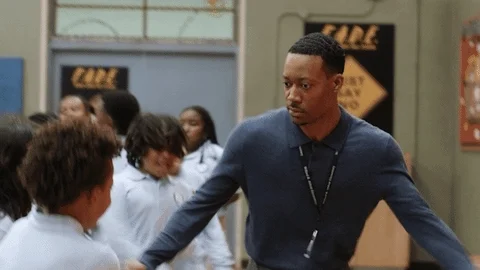
At first, I wasn't sure I wanted to join, pay a union due (fee), and spend extra time going to meetings. However, my mentor convinced me it was worth it and I'm so glad I joined!
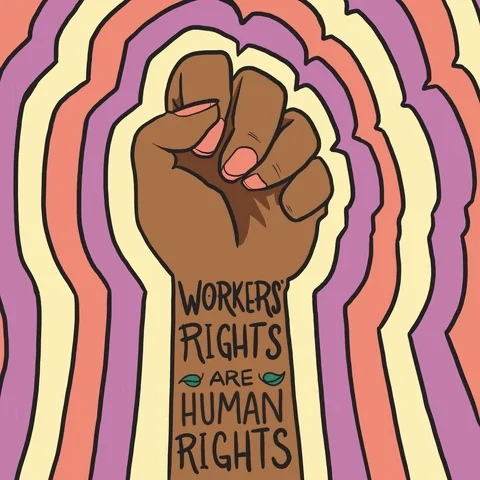
I would like to share what I learned from my experience with you.
Did you know?
Unsure if you should join a union? Here's a Byte on why you should.
1. Solidarity
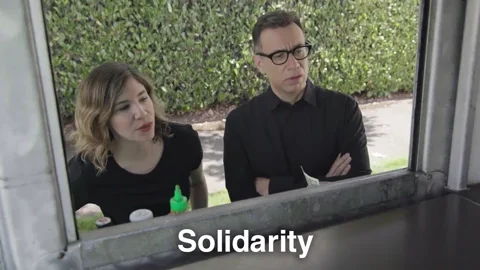
First of all, what is a union?
Unions are groups of employees banded together to ask for better working conditions such as livable wages, health care at an affordable cost, steady schedules, and job security.
As an individual, bargaining with a company can feel like you're starting on your back foot. Joining together as a union builds solidarity for employees, who acquire collective bargaining power.
This solidarity gives you and your coworkers more power to ask for better working conditions from your employer at the bargaining table.
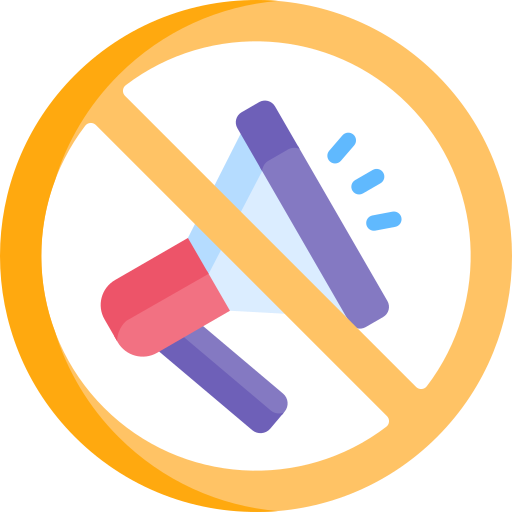
Myth:
Unions are outside companies that come in to represent you against your company as a defense lawyer would in court.

Fact:
Unions are made up of your coworkers — and you if you choose to get involved!
Together you have a lot more power to bargain with your employer than if you're bargaining independently.
Did you know?
Unions have representatives called stewards.Stewards are the "go-between" people, connecting union leadership with their members. Each member is assigned a steward. Becoming a steward is a low-stakes way to dip your toe in the water and learn more about how your union works.
Quiz: Who Is in a Union?
Read through the following scenarios and decide who is most likely in a union.

Breanna is having trouble with her manager. She goes to her steward to file a complaint and learn about the resources that are available to her.

Callam is scheduled to work 40 hours per week, but is frequently assigned mandatory overtime on nights and weekends during their company’s busy season. They feel tired and burnt out, but can’t say anything for fear of losing their job.

Josh gets 4 weeks of vacation time every year. And while he makes a yearly salary, all of his overtime is tracked and paid to him at time and a half.

Rosa planned to attend her sister’s birthday party on Saturday. She isn't scheduled to work, but on Friday her boss tells her she needs to come in tomorrow or face disciplinary action because her company is short-staffed. She tells her sister she needs to miss the party.
Quiz
Who is most likely in a union? Select all that apply:
Breanna and Josh are both in a union. Josh can rely on a steady schedule and benefits when he works overtime. Breanna has a steward (representative) who can help her with complaints. Callam and Rosa are most likely not in a union, since they have no way to push back against their employers when their schedules are unsteady.
2. Access
 Unions provide access to information that individuals can't get on their own.
Unions provide access to information that individuals can't get on their own.
As an individual, if you go into bargaining with an employer over an issue like as a pay raise, you often go in blind.
This means you don't have access to information such as company payroll, evaluations, schedules, or minutes from employer meetings.
However, thanks to the National Labor Relations Act of 1935 in the US (and similar legal acts in other countries), unions are allowed to request all of the above information, plus a slew of other documents and data.
Unions are allowed to ask for...

Accident reports
Attendance records
Bonus records
Health & safety audits
Personnel files
Reports and studies
Overtime assignments
Employers aren't allowed to say...
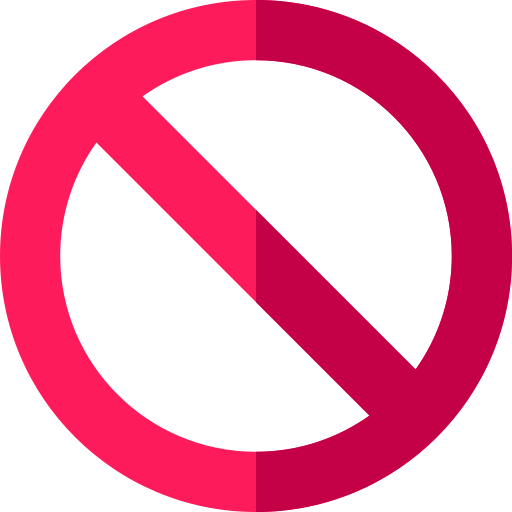
The request is too large.
The complaint has no merit.
Past complaints were resolved without this information.
The materials are privileged.
We will only give the information if you agree to give us similar information from union records.
For a full list of the information a union can request, see this document about a union's right to information in the US.
Quiz: Bargaining Scenario
You've decided to join your union’s bargaining team — yay solidarity! In anticipation of bargaining with your employer, you request pay scales, schedules, and overtime reports from your company. Which of the following are legal responses from your employer?

A. “Sure! Please just give me a week to compile and organize all of the documents.”

B. “I’m sorry, the yearly schedules are too large of a file for me to share digitally and I don’t want to waste the paper.”

C. “We don’t have a system to track overtime, and I don’t have time to figure it out.”
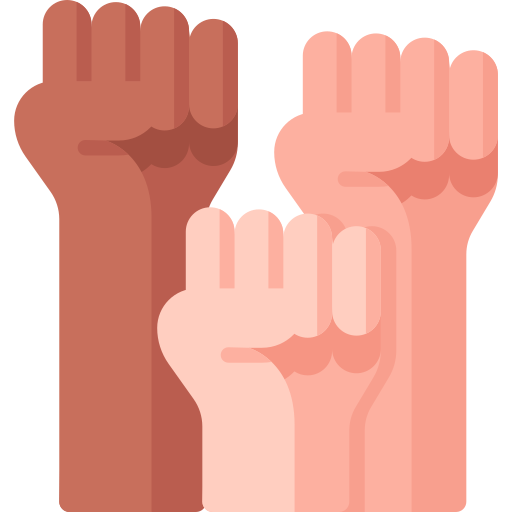
D. “I actually gave out this information to the union last year, so you can just get it from them!”
Quiz
Which of the following are legal responses from your employer?
A is the only legal answer. If you ask your employer for any of the documents on the list, they MUST provide them in a timely manner.
3. Networking
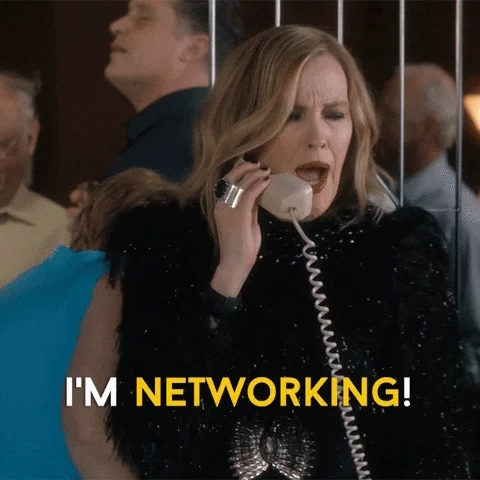
The way unions are structured allows for more networking. Unions frequently use a hierarchy that begins small and gets bigger.
Most unions begin with a Bargaining Unit.These are groups made up of the employees in a workplace.
Then there are Locals.Locals are made of multiple bargaining units of similar industries in the same area.
Lastly, these groups are associated with National, sometimes International, unions. These larger organizations have more resources to back up Bargaining Units and Locals.
Getting involved not only benefits your working experience, but it can connect you with other workers in the area with similar interests and in similar industries.
Did you know?
Want to get involved? Check out what kinds of positions there are in unions to see which role may be right for you.
Take Action
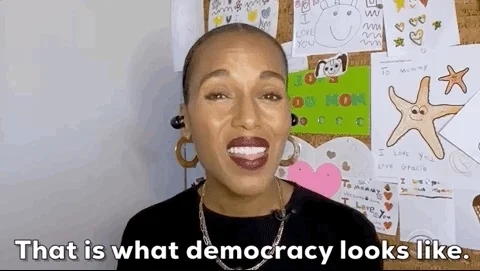
This Byte has been authored by
Douglas Dows
Teacher
MD